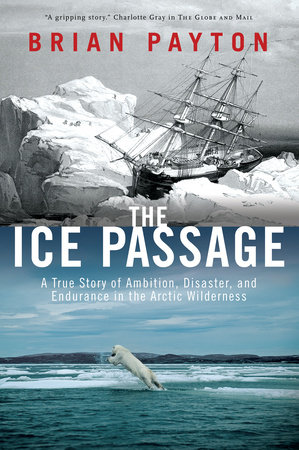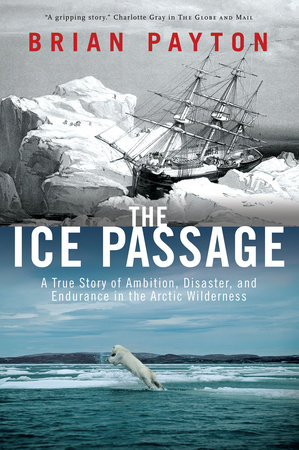

The Ice Passage
By Brian Payton
By Brian Payton
By Brian Payton
By Brian Payton
Category: World History | Science & Technology
Category: World History | Science & Technology
-
$19.95
Sep 21, 2010 | ISBN 9780385665339
-
Oct 20, 2009 | ISBN 9780307372512

-
$19.95
Sep 21, 2010 | ISBN 9780385665339
-
Oct 20, 2009 | ISBN 9780307372512
YOU MAY ALSO LIKE
Praise
SHORTLISTED FOR THE HUBERT EVANS NON-FICTION PRIZE
LONGLISTED FOR BC’s NATIONAL AWARD FOR CANADIAN NON-FICTION
“A gripping story. . . . Payton’s detailed and fascinating exploration of this hideous voyage into the Arctic wilderness reminds us that the North is a crucial feature of both our past and our future.”
—Charlotte Gray in The Globe and Mail
“A hypnotic read, fast-paced and wonderfully written.”
—Roy MacGregor, author of Canadians: A Portrait of a Country and Its People
“A book of uncommon economy and power.”
—John DeMont, author of Coal Black Heart
Table Of Contents
Prologue: Reckoning
I
1. Days of Paradise
2. The White Edge
3. The Great Blue Chest
4. Possession
5. Articles of Faith
6. The Long View
7. Star of Plenty
8. Enduring Night
9. The Search
10. The Red Scarf
11. Water Sky
12. Bay of God’s Mercy
II
13. Hunters, Scavengers
14. Parry’s Rock
15. A Taste for Mountain Sorrel
16. The Wasting
17. The Surgeon’s Report
III
18. Advent
19. Exodus
20. Show of Hands
21. Uncommon Prayer
22. Between Ships
23. Dominion
24. Restitution
25. Dissolution
Author’s Note
Select Bibliography
Acknowledgements



















